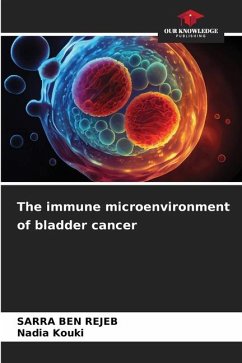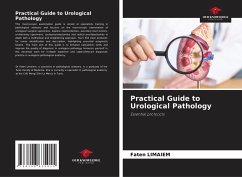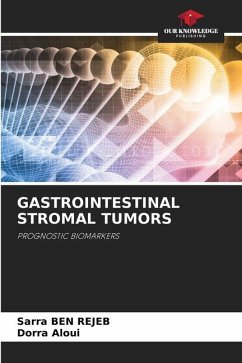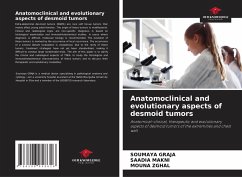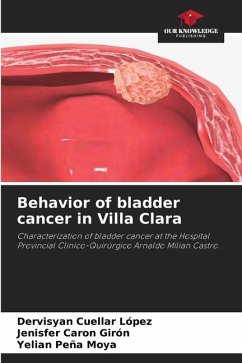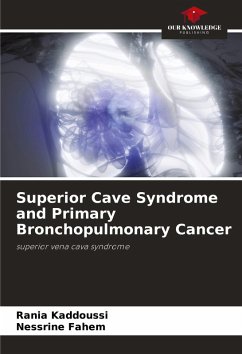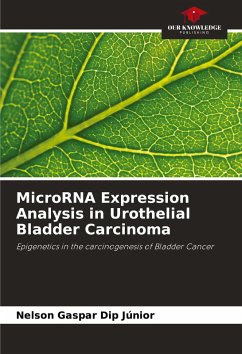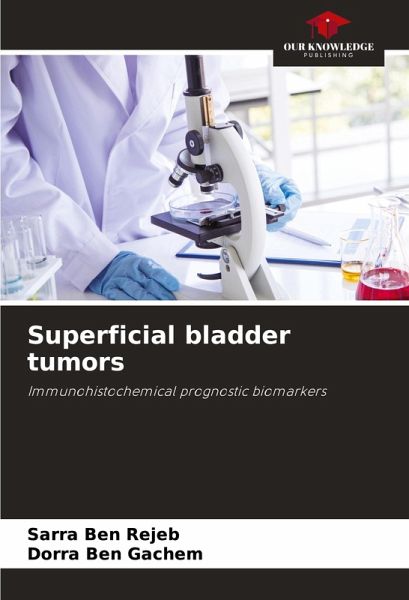
Superficial bladder tumors
Immunohistochemical prognostic biomarkers
Versandkostenfrei!
Versandfertig in 6-10 Tagen
40,99 €
inkl. MwSt.

PAYBACK Punkte
20 °P sammeln!
Non-muscle-invasive bladder tumours (NMIBTs) are tumours with an unpredictable course. Endoscopic and histological prognostic factors have been identified, but remain insufficient, leading us to propose new molecular prognostic factors. 40 TVNIM were collected over a 6-year period (2008-2013), and immunohistochemical studies were carried out on E-cadherin, an intercellular adhesion molecule, and beta-cathenin, a molecule associated with E-cadherin. An inverse correlation between E-cadherin on the one hand, and stage (p=0.001), grade (p=0.0000000), recurrence (p=0.0000000), progression (p=0.01)...
Non-muscle-invasive bladder tumours (NMIBTs) are tumours with an unpredictable course. Endoscopic and histological prognostic factors have been identified, but remain insufficient, leading us to propose new molecular prognostic factors. 40 TVNIM were collected over a 6-year period (2008-2013), and immunohistochemical studies were carried out on E-cadherin, an intercellular adhesion molecule, and beta-cathenin, a molecule associated with E-cadherin. An inverse correlation between E-cadherin on the one hand, and stage (p=0.001), grade (p=0.0000000), recurrence (p=0.0000000), progression (p=0.01), SSR (p=0.00000001) and PFS (p=0.01) on the other, was detected. There was also a correlation between beta-cathenin and stage (p=0.05), grade (p=0.02) and recurrence (p=0.02).The negativity of these two antibodies would make it possible to "screen" high-risk NMVTs, which could benefit from closer monitoring and/or more aggressive treatment.





